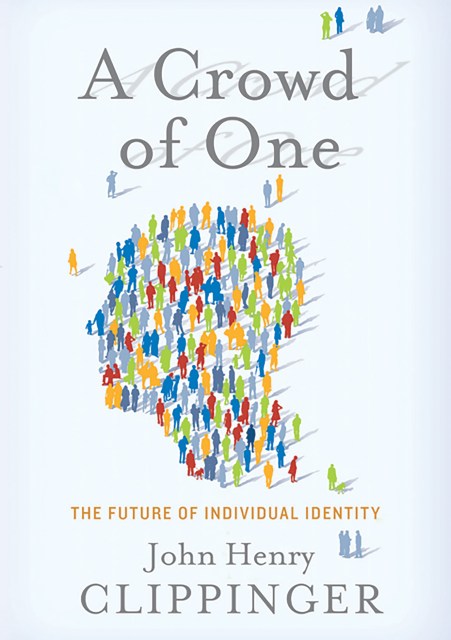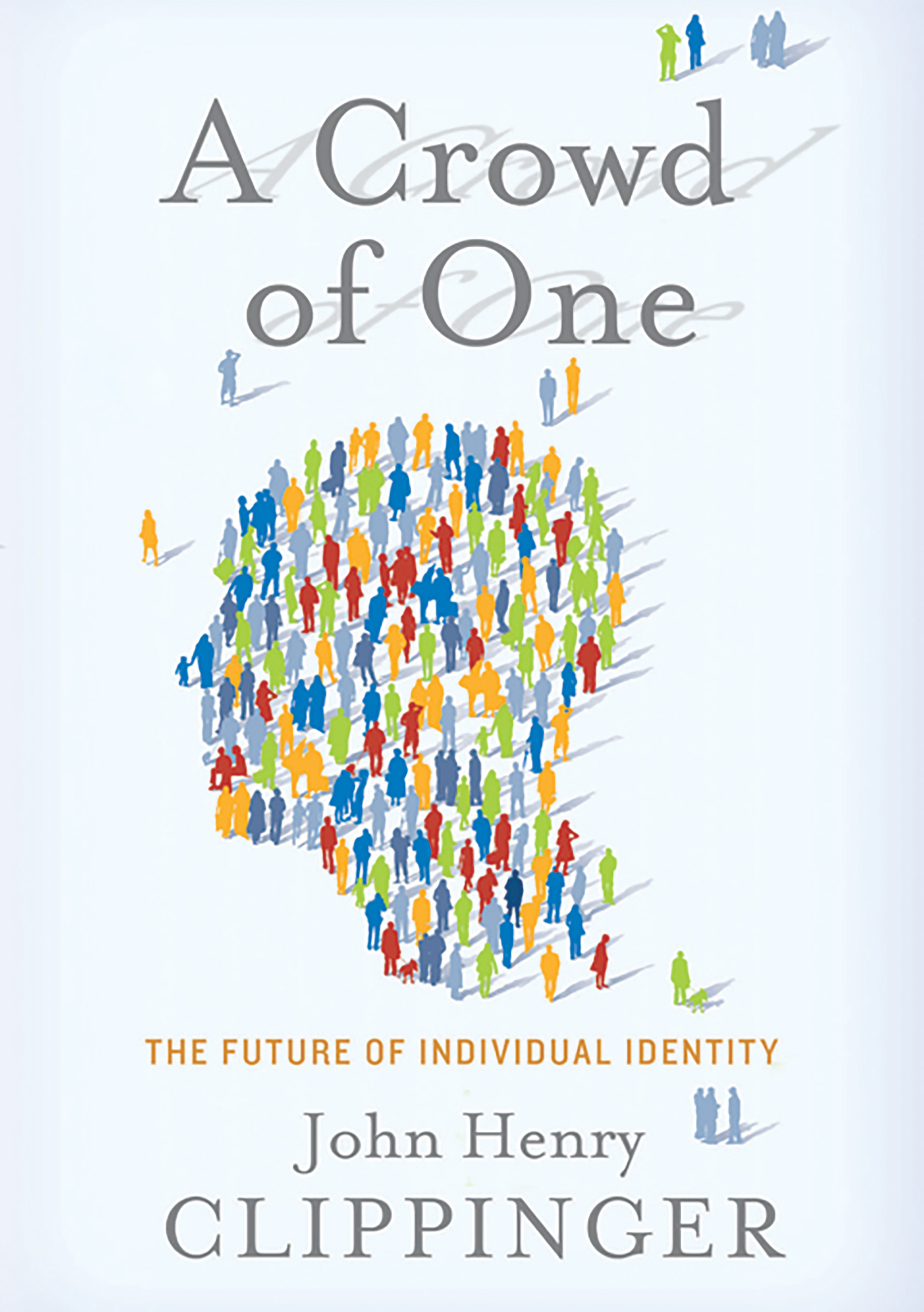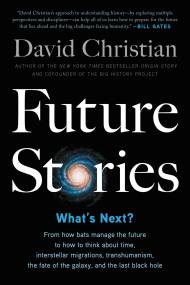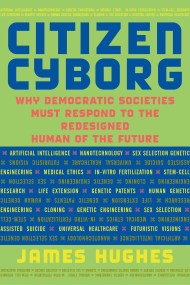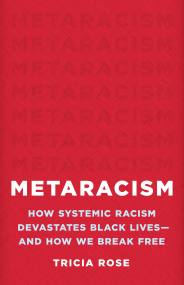Promotion
Use code MOM24 for 20% off site wide + free shipping over $45
A Crowd of One
The Future of Individual Identity
Contributors
Formats and Prices
Price
$16.99Price
$21.99 CADFormat
Format:
ebook $16.99 $21.99 CADThis item is a preorder. Your payment method will be charged immediately, and the product is expected to ship on or around August 5, 2007. This date is subject to change due to shipping delays beyond our control.
Also available from:
John Clippinger brilliantly illuminates how the Enlightenment itself — the high point of individual assertiveness — was a product not just of a few moments of individual inspiration and creativity, but rather of a societal shift that allowed innovation and creativity to flourish. Michelangelo owes quite as much to the circumstances of the Renaissance as the Renaissance does to the work of Michelangelo.
Now, the digitalization of society, which affects all of us already, allows new insight into these questions: What does it require for societies, organizations and individuals, to thrive? Who decides who you are? How can happiness be shared and spread? Who can you trust?
Genre:
- On Sale
- Aug 5, 2007
- Page Count
- 272 pages
- Publisher
- PublicAffairs
- ISBN-13
- 9781586485801
Newsletter Signup
By clicking ‘Sign Up,’ I acknowledge that I have read and agree to Hachette Book Group’s Privacy Policy and Terms of Use
